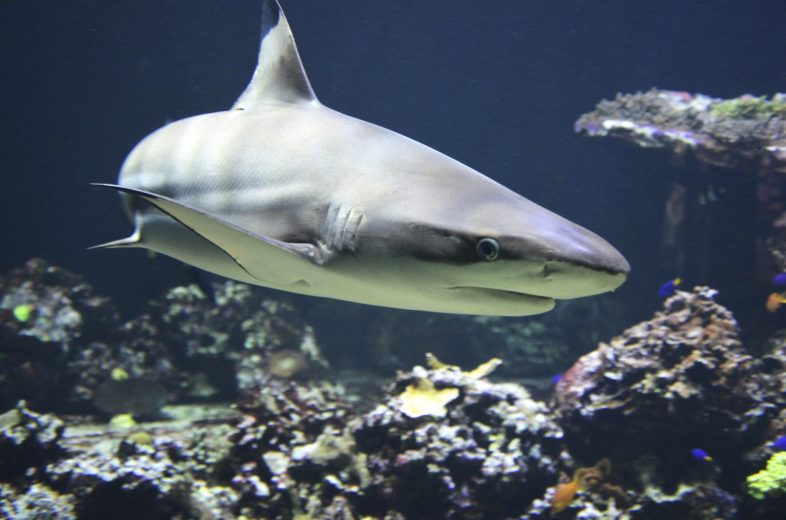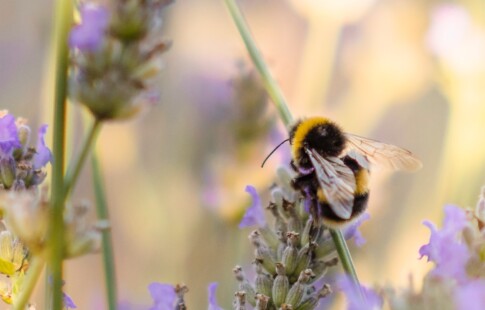
Shark Dragging Video Reveals Deeper Issues About How We Treat Wildlife
We are reader-supported. When you buy through links on our site, we may earn affiliate commission.
A group of young Florida men who recently posted an online video of them violently dragging a shark behind their boat at high speeds are now dealing with the consequences. The post made its way around social media and drew harsh criticism, including from a well-known local sport fisherman.
Concerned citizens created a Change.org petition calling for charges against the men, and the Florida Fish and Wildlife Conservation Commission is investigating the situation. The video shocked and disturbed many, but others didn’t appear to have too much of a problem with it. Of course, the people who posted it seemed to have no qualms about doing it. They then publicly boasting about it by sharing the video online. This video reveals some unfortunate deeper problems with how we relate to and treat wildlife.
Consistent Mistreatment
The video shows the men laughing as they watch the shark being battered against the waves behind the boat as it’s pulled at high speeds by a rope. One of the men asks if the shark is dead yet, but experts say it’s still alive in the video.
However, if the dragging continued, the shark would have suffered severe injuries and a slow drowning death. Authorities haven’t released the names of any suspects, but the social media history of those in the video, as identified by Internet users and local media, reveals a pattern of animal abuse. Previous social media pictures and video show them mistreating protected birds, illegally catching fish and shooting at fish. The U.S. Fish and Wildlife Service even investigated one of the men for the images that showed him gripping and mistreating birds that included the brown pelican and the cormorant.
Officials determined he had committed seven violations of the Migratory Bird Treaty Act but were unable to charge him because they could not identify when or where the violations took place. This makes the shark dragging video even more concerning because it shows a pattern of abuse, rather than a single occurrence.
How We Think About Wildlife
Although most of us probably wouldn’t treat wildlife like it’s treated in this video, the imagery shows us that people certainly do have the capacity to do so. There are people who mistreat wildlife consistently, and even groups of people who regularly do it together. It seems the people in the video view non-human animals as being there for their entertainment — which, in this case, includes abusing the animals. Unfortunately, animal abuse is all too common.
Perhaps we need to change the way we think about animals to help stop abuse. People who abuse animals do not have respect for them. Showing people why they should respect animals may change attitudes about wildlife. Though we still need more research on the topic, the evidence points to the conclusion that animals experience similar emotions to humans. They feel fear, happiness, sadness, love and a range of other emotions.
Anyone who’s spent considerable time around animals could provide evidence of this as well. Beyond emotional appeal, animals are crucial to life on this planet. The ecosystems we depend on would not survive without the creatures that inhabit them. Animals aren’t just there for our enjoyment. We need them to survive.
Changing How We Relate to Animals
Though this video reveals issues with how we treat wildlife, the reaction shows we are becoming less accepting of animal cruelty. It didn’t take long for people to call out the subjects of the video. This backlash provides a bit of hope that the way we think about and treat animals may be improving. Disrespecting and mistreating wildlife is a significant problem that is unfortunately rather widespread. It’s vital, however, that we treat wildlife with respect. Perhaps this video will inspire people to learn more about animals and discover why they should be treated with dignity.
Share on
Like what you read? Join other Environment.co readers!
Get the latest updates on our planet by subscribing to the Environment.co newsletter!
About the author
Jane Marsh
Starting from an early age, Jane Marsh loved all animals and became a budding environmentalist. Now, Jane works as the Editor-in-Chief of Environment.co where she covers topics related to climate policy, renewable energy, the food industry, and more.





